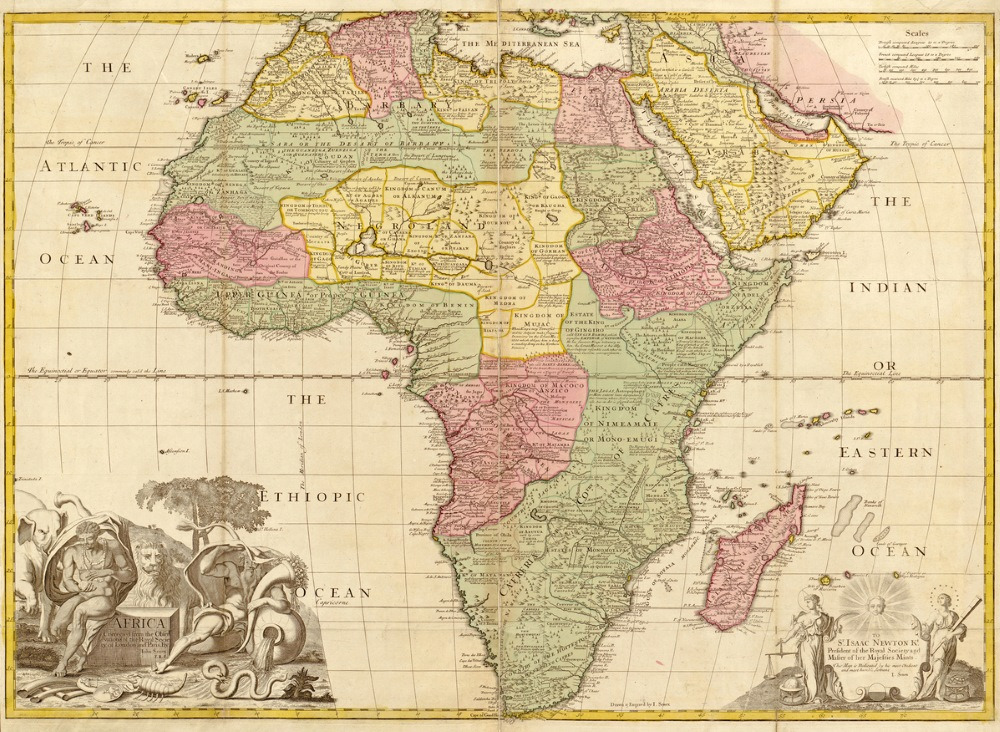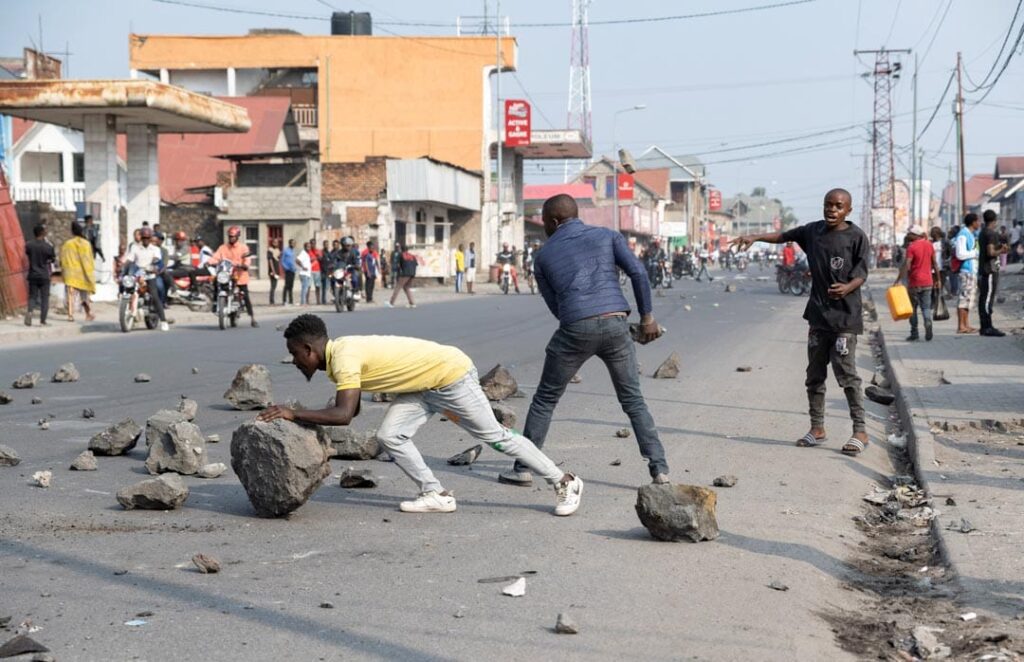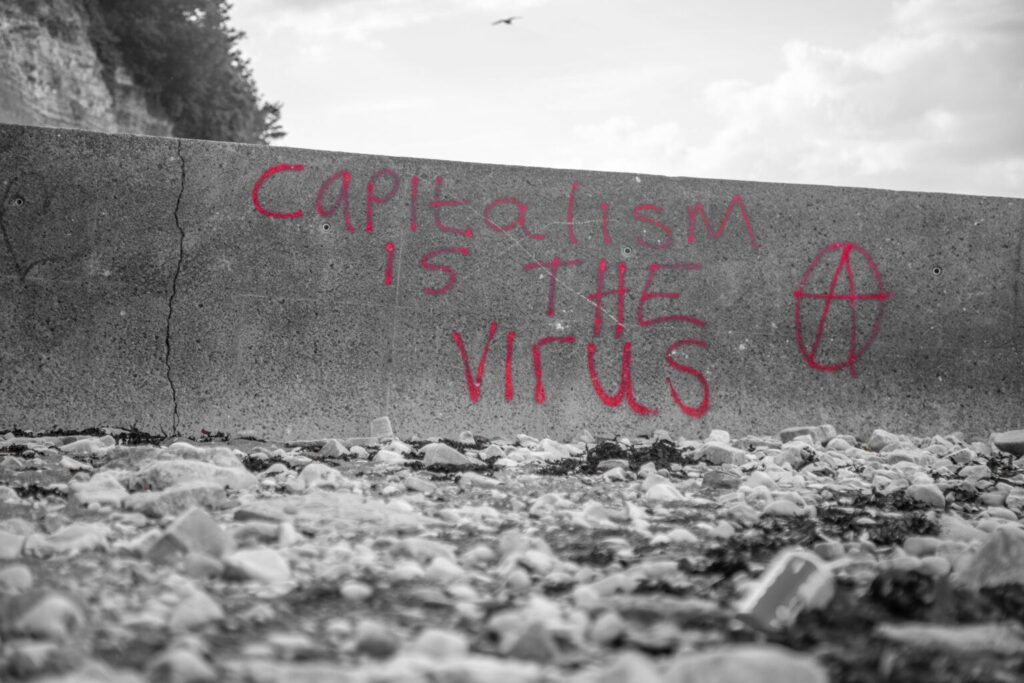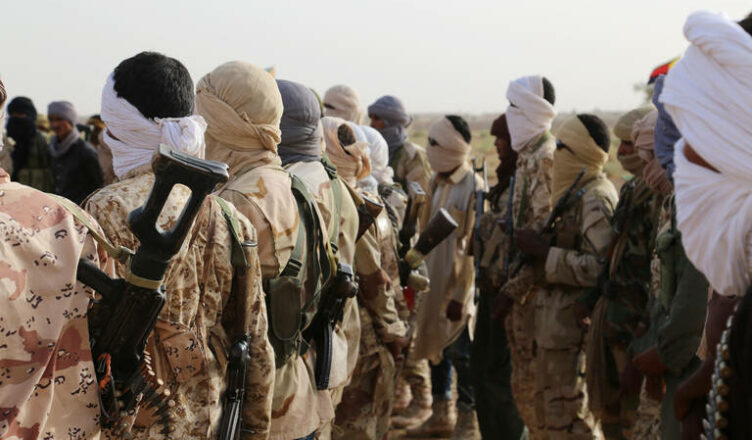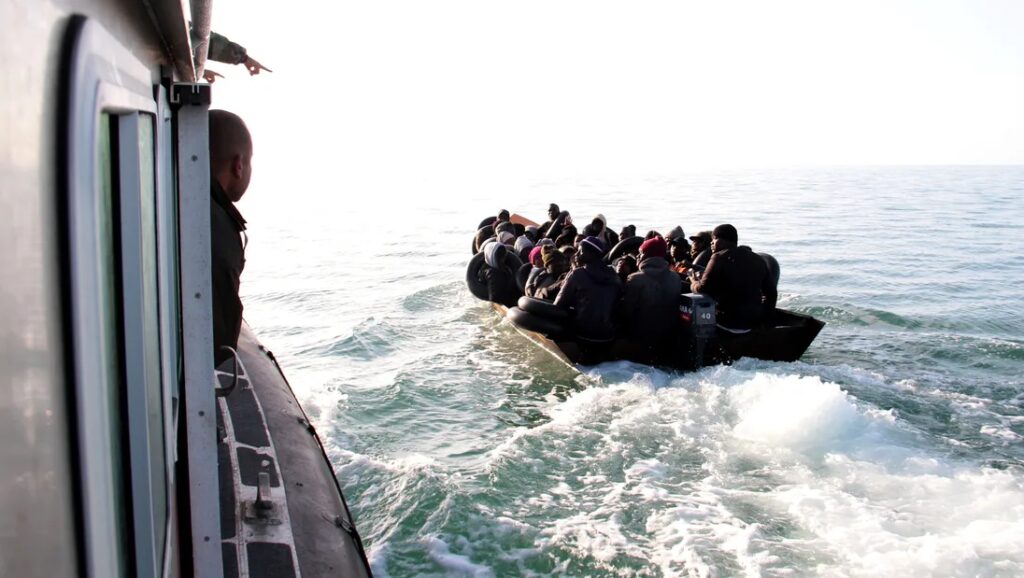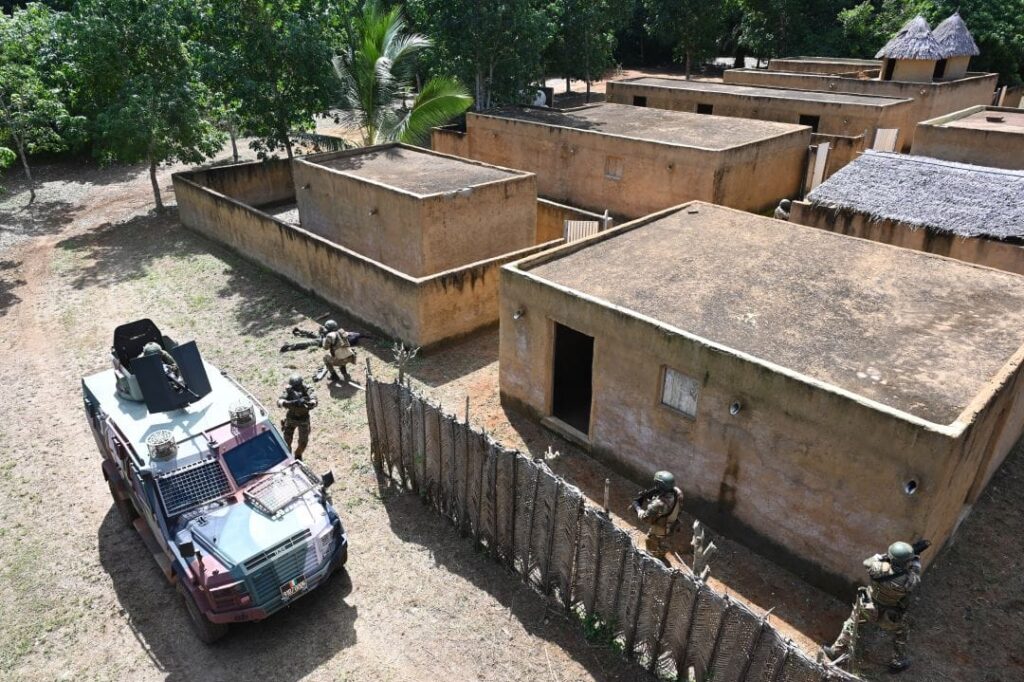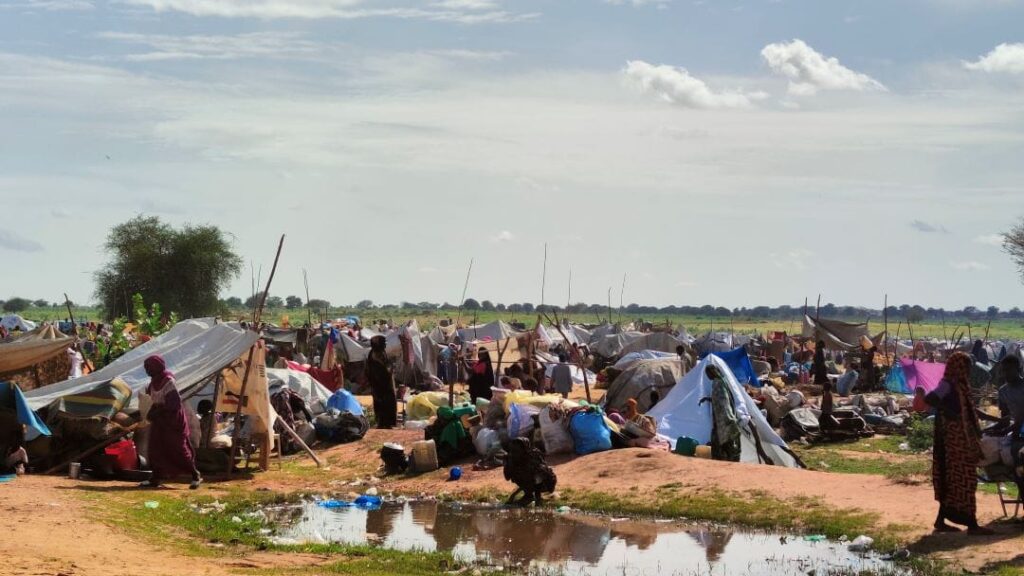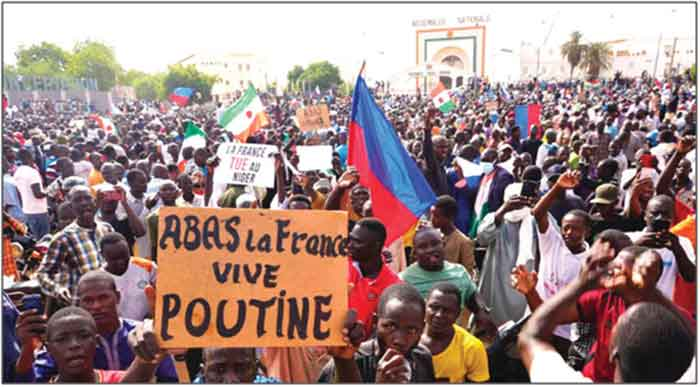IntelBrief: Jihadist Groups Threaten to Destabilize the Sahel and Coastal West Africa
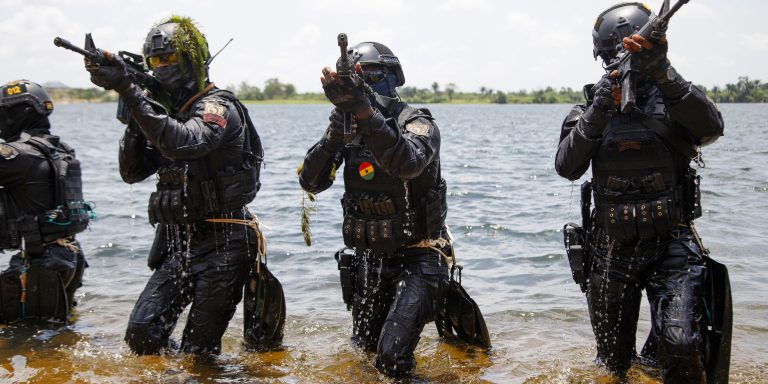
As terrorist groups continue destabilizing the Sahel region in sub-Saharan Africa, violence has spilled over into coastal West African states previously unaffected, including Benin, Cote d’Ivoire, Togo, and Ghana.
The Wagner Group is active in several sub-Saharan countries, where its role as a guarantor of regime security has granted it outsized access to and influence within the region.

